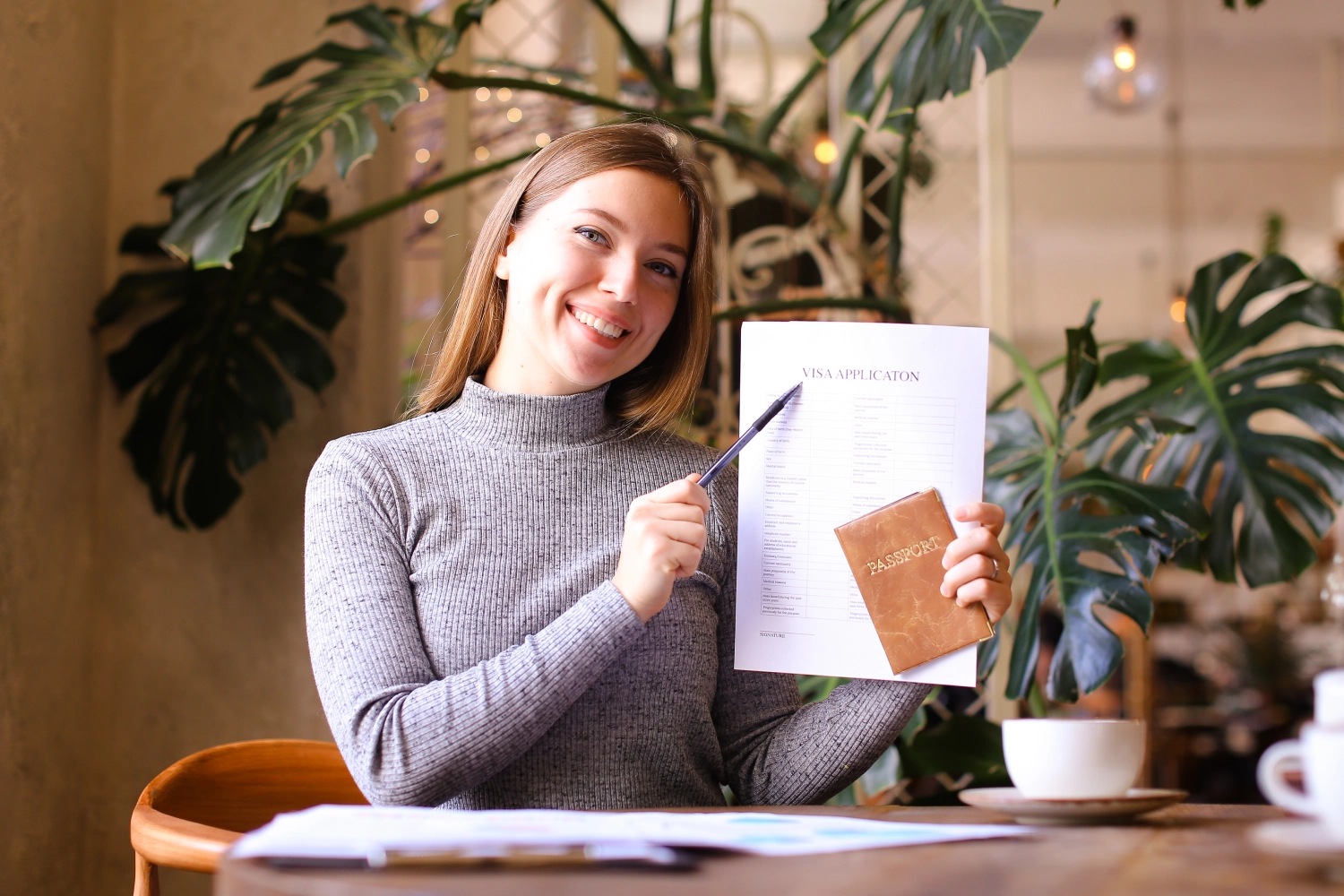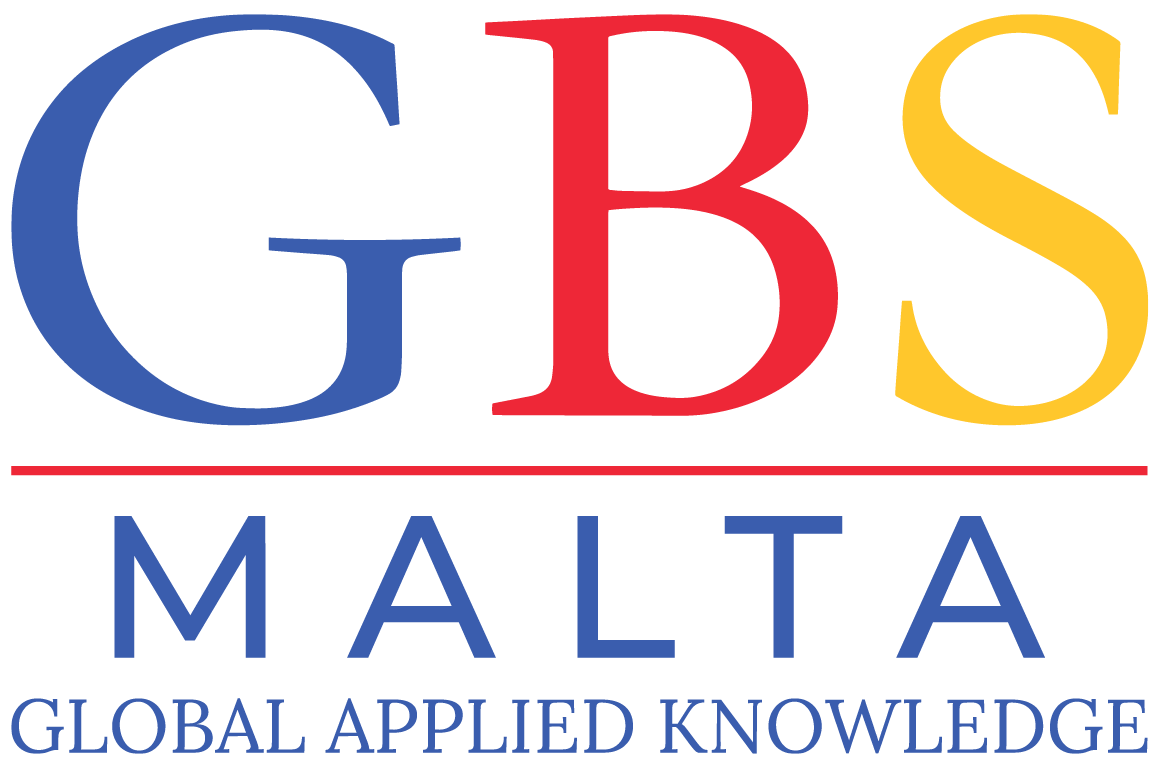Financial support issues
Proving your ability to cover your expenses is crucial to the application. Many applicants underestimate how much they need to show they can support themselves. A Malta student visa guide will always emphasise this.
Tips for avoidance:
Show sufficient funds
You must demonstrate enough money to cover your tuition and living expenses for the entire study period. This typically means showing at least €48 per day for short stays, or a total of €11,000-€15,000 for the academic year, depending on the programme.
Be transparent
Avoid depositing a large sum of money into your account right before applying. This can raise suspicions about the legitimacy of your funds.
Provide consistent proof
Submit recent bank statements, preferably for the last three to six months, that show a consistent, healthy balance. You can also include scholarship award letters or education loan sanction letters.
Overlooking health insurance requirements
Skipping valid health insurance is a sneaky mistake that often leads to rejection. You need coverage for your entire Schengen Area stay. This is a very common mistake to avoid in a student visa application.
Tips for avoidance:
Get the right policy
You need comprehensive insurance that meets EU standards. This means a policy with minimum coverage of €100,000 for medical emergency, hospitalisation and repatriation.
Ensure the duration is right
The policy must be valid for the entire duration of your stay in Malta, not just for the initial visa period. We offer accommodation in close proximity to the campus. It is advisable to secure your accommodation through GBS Malta, as doing so can enhance the likelihood of your visa being accepted, representing a significant advantage.
Additional tips for a successful application
Beyond avoiding these mistakes in student visa application, there are some extra steps you can take to make your process even smoother. These are the key tips for Malta study visa application that can make all the difference.
Start early:
Don't wait until the last minute. It's highly recommended to apply at least three to six months before your intended course start date. This gives you enough time to gather documents and navigate potential delays.
Plan for the interview:
If an interview is required, you must be prepared to answer questions about your academic goals and why you chose Malta. Be honest and consistent with the information you submit. Research GBS Malta's programmes and reputation to show genuine interest. We have a dedicated team who will prepare you for the academic and visa interview.
Address academic 'gap years':
If you have any significant gaps in your academic history, be ready to explain them. Providing valid explanations, such as work experience or a personal project, will strengthen your application.
How GBS Malta can help
We at GBS Malta have a comprehensive understanding of student visas. We believe that providing expert support is one of the most important tips for Malta study visa application. Our dedicated Visa Support Team offers personalised guidance to ensure your application is spot-on, from document reviews to deadline reminders.
We'll help you find out your specific visa requirements and ensure you have a clear understanding of the process. Choosing us means less stress and more focus on your exciting new chapter in Malta's welcoming academic scene.
Malta student visa application checklist
| Document category |
Item |
Specifics and notes |
| Identity and travel |
Valid passport |
Must be valid for at least three months beyond your stay and have at least two blank pages. |
| Identity and travel |
Application form |
Must be fully completed and signed. |
| Identity and travel |
Passport-sized photos |
Two recent colour photos on a white background. |
| Academic and financial |
Letter of acceptance |
Original letter from GBS Malta stating course details, dates and costs. |
| Academic and financial |
Proof of funds |
Bank statements from the last three to six months, scholarship letters or notarised sponsorship affidavits. |
| Academic and financial |
Proof of payment |
Original receipts for at least 50% of course fees if the total is over €2,500. |
| Academic and financial |
Academic certificates |
Original educational certificates, often apostilled. |
| Logistical |
Health insurance |
Must cover the entire duration of your course and have a minimum coverage of €100,000. |
| Logistical |
Travel itinerary |
A confirmed itinerary with your travel dates. |
Reach out to GBS Malta for February 2026 intake

There you have it – a clear roadmap to avoid those common mistakes in student visa application and sail through to approval. Remember, a little preparation goes a long way. Paying close attention to detail and being proactive can turn a potential roadblock into smooth sailing.
Ready to start your journey?
Reach out to GBS Malta today to apply for the February 2026 intake, and let's make your Malta study dreams a reality.
Safe travels and happy studying.
Submit your query today.




